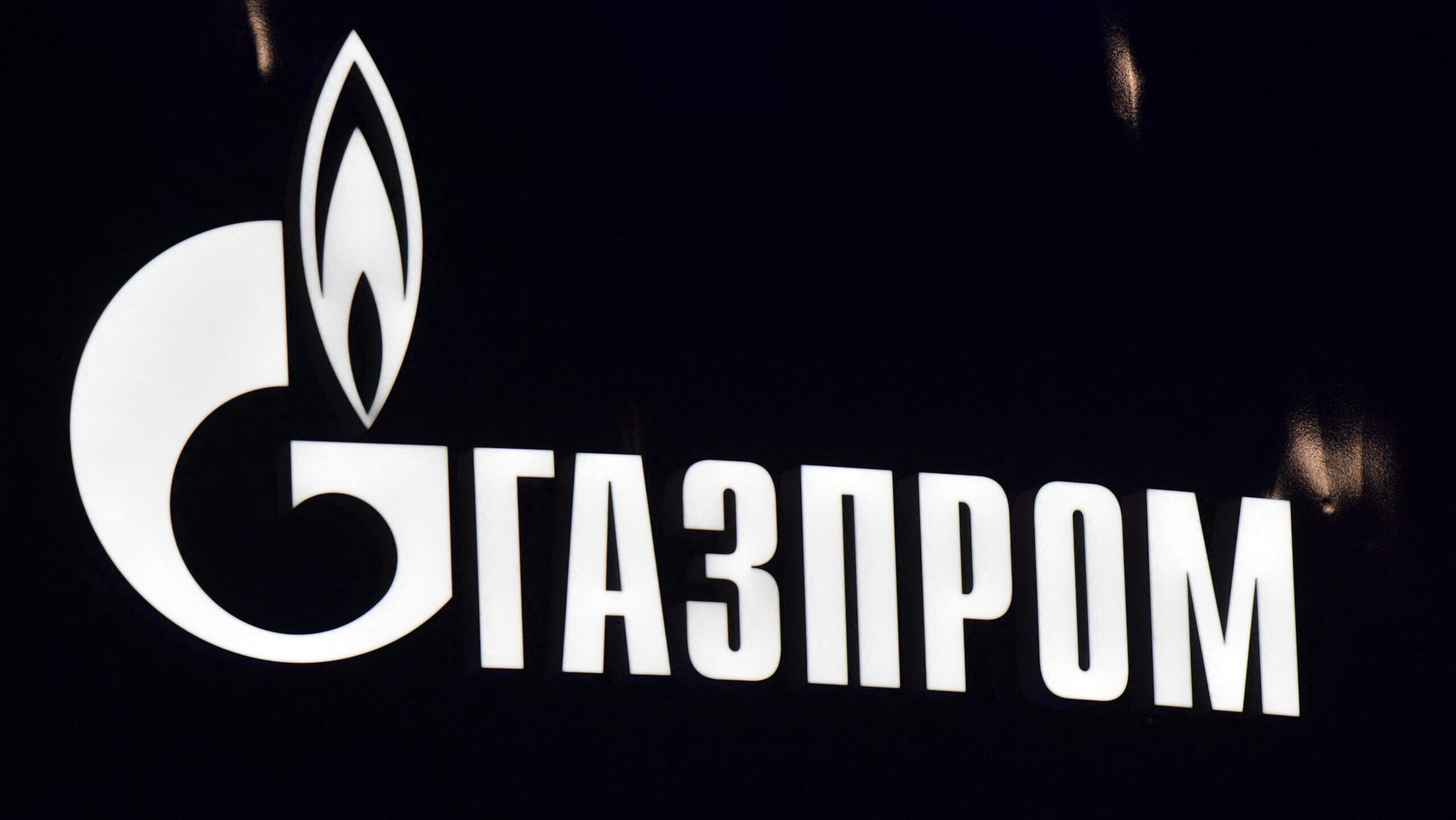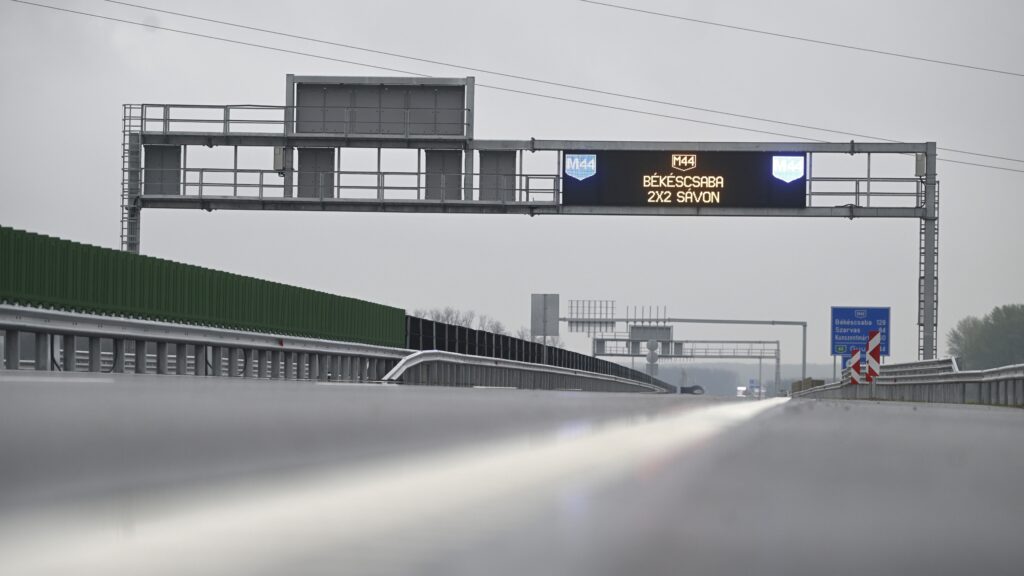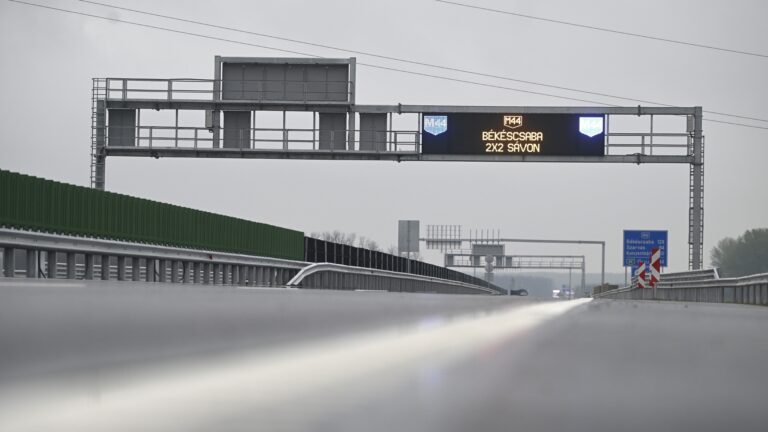Ukraine will not extend its agreement with Russia’s Gazprom to supply Russian gas to European countries through Ukrainian territory, several Ukrainian media outlets recently reported. ‘The agreement with Russia will not be renewed, period, end of story,’ Ukrainian President Volodymyr Zelenskyy stated tersely at a press conference. However, he noted that after the contract expires, Ukraine will decide on the transit of Russian gas through its territory to Europe in consultation with the EU. ‘As far as gas transit from other companies is concerned, if there is continued interest from some of our European colleagues, we will consider their requests together with the EU,’ Zelenskyy added.
The current contract is set to expire in December, and the pipelines in question export gas to Austria, Slovakia, and Hungary. Moscow reacted swiftly to the Ukrainian president’s statement. Kremlin spokesman Dmitry Peskov, during a daily conference call with reporters, indicated that if Kyiv does not extend the deal, Russia could explore alternative routes, such as the planned Turkish gas hub. ‘There are other routes, but, of course, such decisions by the Ukrainian side will cause serious damage to the interests of European consumers—those who still want to buy more guaranteed, more affordable Russian gas,’ Peskov stated. He added that while European customers may have to pay more for Russian gas in the future, it would still likely be cheaper than purchasing LNG from the United States.
Russian natural gas accounts for a significant portion of Hungary’s energy supply, so Ukraine’s decision
not to extend the gas transit agreement is troubling news for Budapest.
This follows an earlier Ukrainian decision that also jeopardized the country’s energy security when Kyiv decided halt the transit of Russian Lukoil oil shipments through Ukraine to Hungary and Slovakia. In response, Budapest and Bratislava appealed to the European Commission, but Brussels sided with Kyiv, stating that the Ukrainian decision did not directly threaten the security of energy supplies to the member states.
Regarding the issue, Hungarian Minister of Foreign Affairs and Trade Péter Szijjártó announced earlier that negotiations to secure Hungary’s long-term oil supply are nearing completion. The minister also emphasized that Hungary’s natural gas supplies remain unaffected by the escalating conflict between Russia and Ukraine, with deliveries continuing smoothly via the Turkish Stream pipeline through Türkiye, Bulgaria, and Serbia.
From this perspective, it is not surprising that Péter Szijjártó has repeatedly underlined energy sovereignty as the cornerstone of a state’s success. In Hungary’s case, this sovereignty appears to be under threat—the signs are clear. Not only did Brussels fail to uphold its responsibility in the Ukrainian oil transit dispute, but now it seems that another crucial energy agreement is being undermined by the European Commission.
Mandiner recently reported that the European Commission has raised concerns about the agreement signed between the governments of Romania, Hungary, Azerbaijan, and Georgia to build an energy pipeline under the Black Sea. According to information from the Romanian government, Brussels contends that the agreement may not be in line with European law because it lacks provisions ensuring that EU law and the obligations of Hungary and Romania, as EU members, take precedence over the agreement. The outlet suggests that the timing of these concerns is unlikely to be accidental, as it coincides with Ukraine’s efforts to jeopardize Hungary’s energy security.
Related articles:








